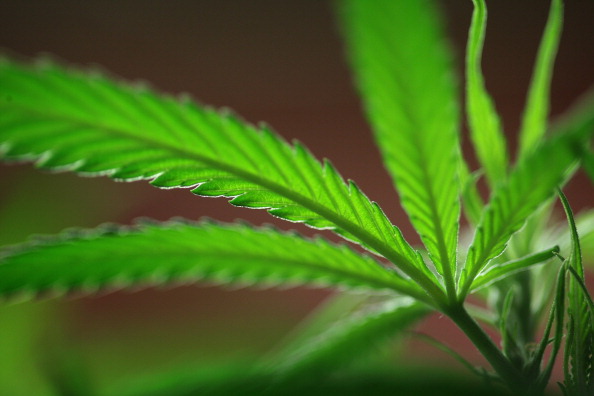“Cannabis is in the news again for its purported medicinal benefits, with researchers in Israel last week indicating it may help prevent trauma to the brain in certain circumstances and may also help with cardiac problems. A few months ago an English pharmaceutical company that manufactures cannabinoids announced it was developing a new treatment for epilepsy using them.”
“Prof. Yosef Sarne in the Adelson Center for the Biology of Addictive Diseases in the Department of Physiology and Pharmacology at Tel Aviv University says that cannabis has neuro-protective qualities. He has found that extremely low doses of tetrahydrocannabinol or THC- the psychoactive component of marijuana- can protect the brain from long-term cognitive damage in the wake of injury from hypoxia (lack of oxygen), seizures, or toxic drugs.”




